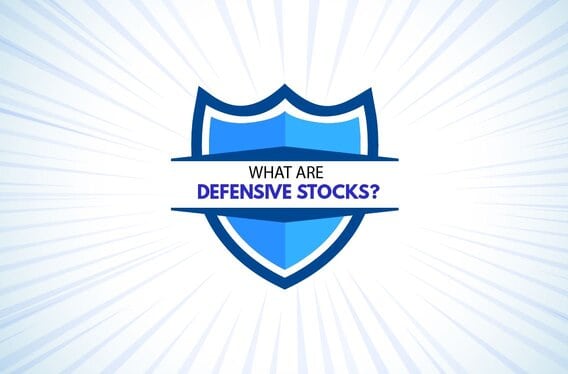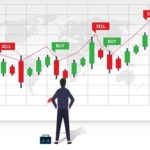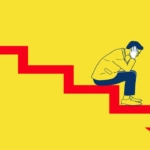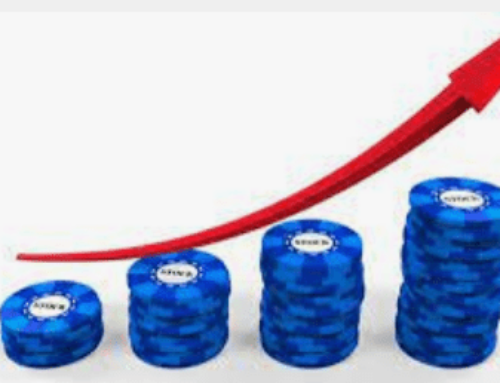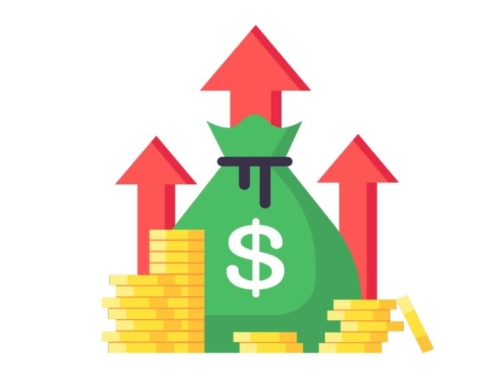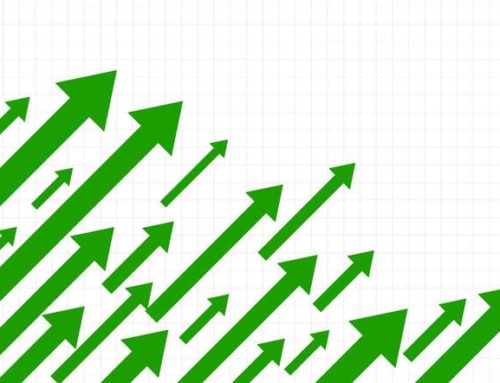What are Defensive Stocks?
The market can go up and down depending on the macro and the micro news that flow in the market. This means that a company that is giving a good return today might not give a good return tomorrow. In order to protect ourselves from such volatility, we need to have some defensive stocks in the portfolio.
Introduction
These are stocks that give consistent returns in the form of dividends, despite the fluctuations in the stock market. It is because the products of these companies are in constant demand and hence these stocks remain stable throughout the various phases of the business cycle. These stocks belong to industries that make products that are always in demand irrespective of the economic conditions.
How to find defensive stocks?
There is no hard and fast rule for this, however, you should keep the following points in mind
- The stock should have a proven track record which translates to the company being in business for decades, has a matured business cycle and a large market cap.
- The stock has been paying consistent dividends for a long period of time, for at least 10 years
- The stock has a low beta coefficient ( beta coefficient measures the stock’s volatility compared to overall market volatility) if the beta coefficient is below 1 then this indicates that the company is not greatly affected by the market swings
What are Defensive Sectors?
Stocks of certain sectors tend to be defensive stocks owing to the nature of the industry. Let’s take a look at some of them.
Utilities:
Companies dealing with basic necessities like gas, water, electricity will always be in demand. So these companies are usually least affected by the market changes. Further utility companies draw benefits at the time of recession as they can borrow at a much lower rate than the competition.
Consumer Staples
Consumer staples such as food, beverages, hygiene products etc are always in demand even if the public cuts down the household budget to the bare minimum. These are daily usage items that have a certain cash flow in all economic conditions. So, these stocks outperform during weak economic conditions and underperform during strong economic conditions when compared with cyclical stocks.
Pharma & Healthcare
Pharma is always considered to be a defensive sector as medical supplies and medical aid is always required irrespective of the economic conditions.
Advantages of Defensive Stocks
These are some of the advantages of defensive stocks:
- Stability
- Low risk
- Outperform in the period of economic decline
Disadvantages of Defensive Stocks
When the market is going through a recession, having these stocks in the portfolio is a major boon as they give you stable returns. However, the same feature can be a pain as well because when the economic growth spurts you lose the opportunity to earn higher returns.
These stocks can also be overvalued at the time of economic hardship because like you, other investors too go after these stocks and hence the price of these stocks can be artificially inflated during such time.
These are some of the disadvantages of defensive stocks:
- Low growth stocks
- Overvalued
- Underperform during an economic spurt
Conclusion
Every investor would like to preserve their wealth and protect their investments. This is where the defensive stocks come into the picture. They provide the shield required against the economic slowdown. However, these stocks will not provide you with great growth in investment. So if you are a conservative investor then you will lean more towards defensive stocks. However, if you are an aggressive investor you would lean towards cyclical stocks.
In short, defensive stocks are one of the several investment tools that you can use to mitigate the risk in your portfolio. How much allocation you need to have towards the defensive stocks is something you need to decide depending on your risk-taking capacity. This is similar to things in life where you need to find the right balance between growth and stability.
Howdy!
If you’re here for the first time, let’s get introduced.
VRD Nation is India’s premier stock market training institute and we (Team VRD Nation) are passionate about teaching each and every aspect of investing and trading.
If you’re here for the first time, don’t forget to check out “Free Training” section where we have tons of free videos and articles to kick start your stock market journey.
Also, we got two awesome YouTube channels where you can continue the learning process.
Must-Read Articles
What are Defensive Stocks
The market can go up and down depending on the macro and the micro news that flow in the market. This means that a company that is giving a good return today might not give a good return tomorrow. In order to protect ourselves from such volatility, we need to have some defensive stocks in the portfolio.
Introduction
These are stocks that give consistent returns in the form of dividends, despite the fluctuations in the stock market. It is because the products of these companies are in constant demand and hence these stocks remain stable throughout the various phases of the business cycle. These stocks belong to industries that make products that are always in demand irrespective of the economic conditions.
How to find defensive stocks?
There is no hard and fast rule for this, however, you should keep the following points in mind
- The stock should have a proven track record which translates to the company being in business for decades, has a matured business cycle and a large market cap.
- The stock has been paying consistent dividends for a long period of time, for at least 10 years
- The stock has a low beta coefficient ( beta coefficient measures the stock’s volatility compared to overall market volatility) if the beta coefficient is below 1 then this indicates that the company is not greatly affected by the market swings
What are Defensive Sectors?
Stocks of certain sectors tend to be defensive stocks owing to the nature of the industry. Let’s take a look at some of them.
Utilities:
Companies dealing with basic necessities like gas, water, electricity will always be in demand. So these companies are usually least affected by the market changes. Further utility companies draw benefits at the time of recession as they can borrow at a much lower rate than the competition.
Consumer Staples
Consumer staples such as food, beverages, hygiene products etc are always in demand even if the public cuts down the household budget to the bare minimum. These are daily usage items that have a certain cash flow in all economic conditions. So, these stocks outperform during weak economic conditions and underperform during strong economic conditions when compared with cyclical stocks.
Pharma & Healthcare
Pharma is always considered to be a defensive sector as medical supplies and medical aid is always required irrespective of the economic conditions.
Advantages of Defensive Stocks
These are some of the advantages of defensive stocks:
- Stability
- Low risk
- Outperform in the period of economic decline
Disadvantages of Defensive Stocks
When the market is going through a recession, having these stocks in the portfolio is a major boon as they give you stable returns. However, the same feature can be a pain as well because when the economic growth spurts you lose the opportunity to earn higher returns.
These stocks can also be overvalued at the time of economic hardship because like you, other investors too go after these stocks and hence the price of these stocks can be artificially inflated during such time.
These are some of the disadvantages of defensive stocks:
- Low growth stocks
- Overvalued
- Underperform during an economic spurt
Conclusion
Every investor would like to preserve their wealth and protect their investments. This is where the defensive stocks come into the picture. They provide the shield required against the economic slowdown. However, these stocks will not provide you with great growth in investment. So if you are a conservative investor then you will lean more towards defensive stocks. However, if you are an aggressive investor you would lean towards cyclical stocks.
In short, defensive stocks are one of the several investment tools that you can use to mitigate the risk in your portfolio. How much allocation you need to have towards the defensive stocks is something you need to decide depending on your risk-taking capacity. This is similar to things in life where you need to find the right balance between growth and stability.

